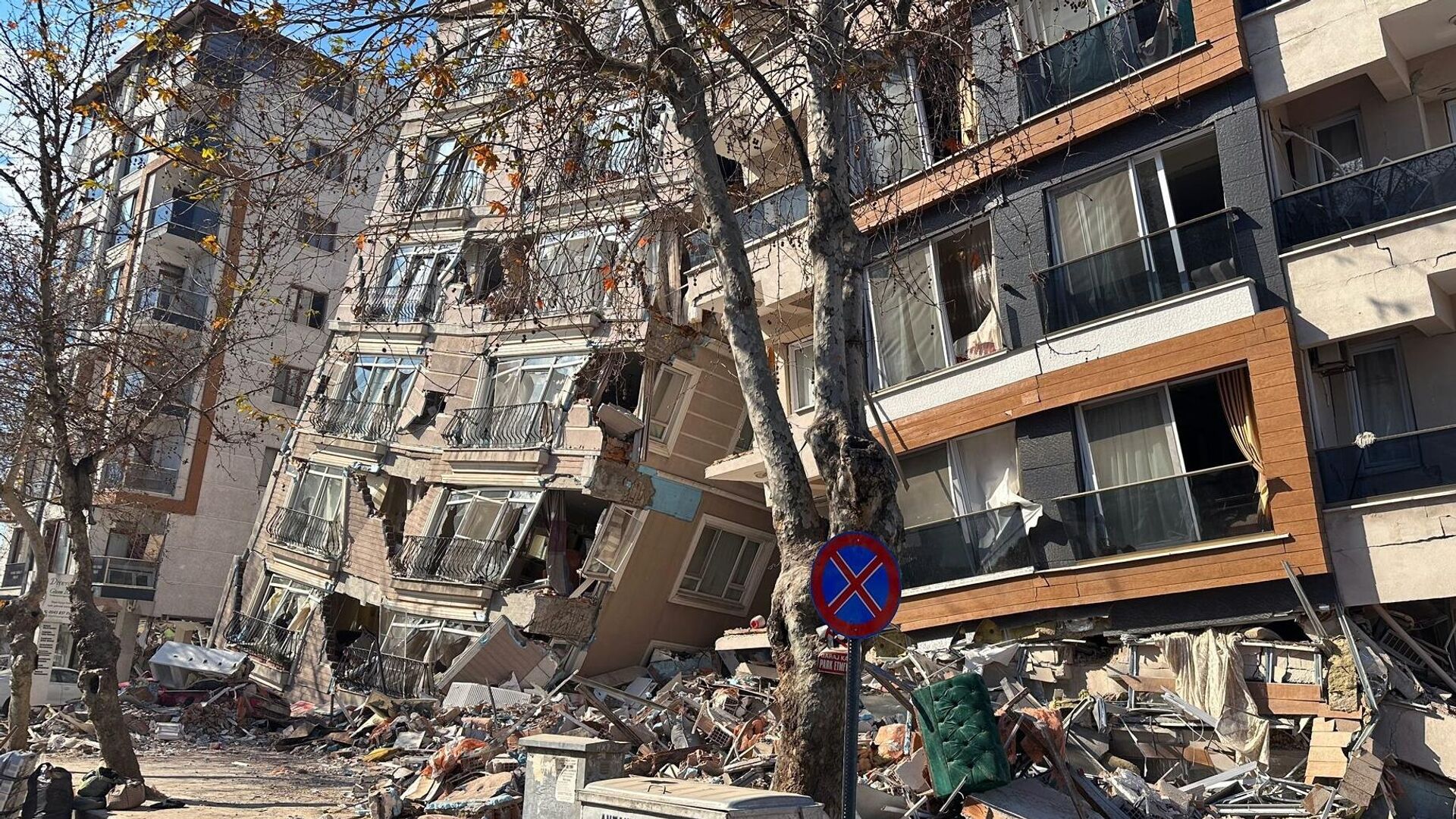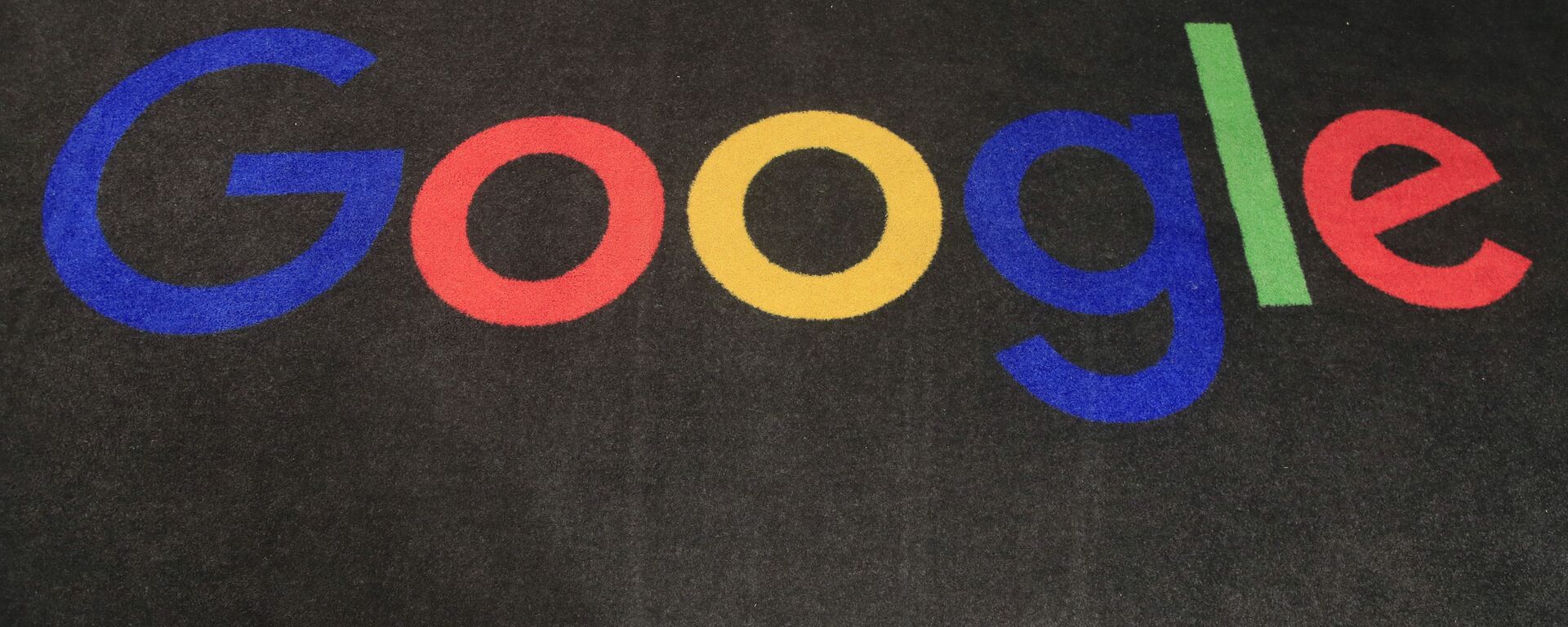https://sputnikglobe.com/20230728/report-googles-core-earthquake-early-warning-service-failed-to-reach-turkiye-quake-victims-1112231729.html
Report: Google’s ‘Core’ Earthquake Early Warning Service Failed to Reach Turkiye Quake Victims
Report: Google’s ‘Core’ Earthquake Early Warning Service Failed to Reach Turkiye Quake Victims
Sputnik International
The 7.8-magnitude earthquake that was centered near the Turkish city of Gaziantep was among the strongest in Turkiye or the Levant. Between it and an aftershock of nearly-equal power hours later, at least 50,000 people died.
2023-07-28T21:15+0000
2023-07-28T21:15+0000
2023-07-28T21:12+0000
world
turkiye
gaziantep
earthquake
early warning
google
https://cdn1.img.sputnikglobe.com/img/07e7/02/0b/1107335526_0:89:1836:1122_1920x0_80_0_0_41ec190cc0474b85b2f5ea4a9defa43f.jpg
According to an investigation by Western media, millions of people who experienced the February 6, 2023, earthquake did not receive an early warning notification on their Android phones - a function the tech giant bills as “core” to its phone service.Google's Android Earthquake Alert System was announced in Turkiye in June 2021. The alert is supposed to automatically be sent out to phones using the Android operating system, which was created by Google, when a 4-5-magnitude quake or stronger is detected. The alert “takes over” the screen, demanding the user’s attention and shutting out other apps, and can override the “do not disturb” function.The reporters’ investigation involved finding hundreds of people with Android phones in the area where the earthquake struck and polling them about earthquake alerts that day. While a few people said they got an alert for the second 7.7-magnitude aftershock that struck several hours after the first and biggest quake, virtually none said they had received an alert about the first one. Many also said they had previously received notifications via the system, but didn’t that day.Google's product lead on the system, Micah Berman, told Western media the system “fired and sent alerts” when the massive quake happened. When confronted with reporters’ evidence that virtually nobody received such a notification, he dismissed it as people “paying attention to lots of other things.”More than 50,000 people died in the earthquake in southeastern Turkiye and northern Syria, with at least 15.7 million people and 4 million buildings affected by the quake. It was felt as far away as Egypt and cracked buildings in Israel and Cyprus.
https://sputnikglobe.com/20230619/turkiye-launches-investigation-into-google-over-abuse-of-market-dominance--reports-1111279495.html
turkiye
gaziantep
Sputnik International
feedback@sputniknews.com
+74956456601
MIA „Rosiya Segodnya“
2023
News
en_EN
Sputnik International
feedback@sputniknews.com
+74956456601
MIA „Rosiya Segodnya“
Sputnik International
feedback@sputniknews.com
+74956456601
MIA „Rosiya Segodnya“
google; earthquake early warning; turkiye; android phones
google; earthquake early warning; turkiye; android phones
Report: Google’s ‘Core’ Earthquake Early Warning Service Failed to Reach Turkiye Quake Victims
The 7.8-magnitude earthquake that was centered near the Turkish city of Gaziantep was among the strongest ever recorded in Turkiye or the Levant. Between it and an aftershock of nearly-equal power several hours later, at least 50,000 people died.
According to an investigation by Western media, millions of people who experienced the February 6, 2023, earthquake did not receive an early warning notification on their Android phones - a function the tech giant bills as “core” to its phone service.
Google's Android
Earthquake Alert System was announced in Turkiye in June 2021. The alert is supposed to automatically be sent out to phones using the Android operating system, which was created by Google, when a 4-5-magnitude quake or stronger is detected. The alert “takes over” the screen, demanding the user’s attention and shutting out other apps, and can override the “do not disturb” function.
Because seismic waves travel at roughly 2 miles per second through the Earth’s crust, such alert systems can give people vital seconds to seek safety before the earthquake arrives at their location.
Similar alert systems in Japan automatically activate safety mechanisms such as brakes on high-speed trains and automatic shutdowns on nuclear power plants. During the March 11, 2011, Tohoku earthquake, the Earthquake Early Warning system was credited with saving tens of thousands of lives.
The reporters’ investigation involved finding hundreds of people with Android phones in the area where the earthquake struck and polling them about earthquake alerts that day. While a few people said they got an alert for the second 7.7-magnitude aftershock that struck several hours after the first and biggest quake, virtually none said they had received an alert about the first one. Many also said they had previously received notifications via the system, but didn’t that day.
"If Google makes a promise, or makes an implicit promise, to deliver a service like earthquake early warning, then to me, it raises the stakes," said Prof Harold Tobin, director of the Pacific Northwest Seismic Network. "They have a responsibility to be able to follow through on something that is directly related to life and limb."
Google's product lead on the system, Micah Berman, told Western media the system “fired and sent alerts” when the massive quake happened. When confronted with reporters’ evidence that virtually nobody received such a notification, he dismissed it as people “paying attention to lots of other things.”
More than
50,000 people died in the earthquake in southeastern Turkiye and northern Syria, with at least 15.7 million people and 4 million buildings affected by the quake. It was felt as far away as Egypt and cracked buildings in Israel and Cyprus.





